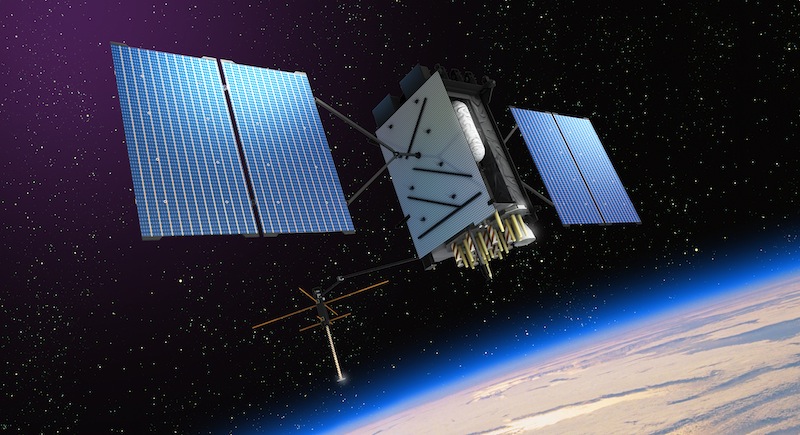
Remember the Y2K bug? When we were all worried that our computers and phones would stop working at the turn of the millennium, and that planes would fall from the sky, due to the problem of two-digit dates turning from 99 to 00? That turned out to be just fine, and didn’t cause a major problem at all — but now some GPS experts are warning that a similar bug could affect GPS devices today.
Some devices that use America’s Global Positioning Systems, like older sat navs, might stop working today, April 6, 2019, if they haven’t been properly updated. A warning from the National Cybersecurity & Communications Integration Center and the National Coordinating Center for Communications was issued last year advising that infrastructure owners and operators needed to update the GPS devices they oversaw to account for “GPS Week Number (WN) rollover events.”
The problem occurs because of the way that these GPS devices count weeks. They use a 10-bit week number identifier, which counts how many weeks have passed since the last GPS epoch. The most recent epoch was August 21, 1999, and today marks the day that the week number count will reach its limit at 1111111111 and reset to 0000000000.
This could make GPS devices think that they are back in 1999, making them 20 years out of date. Hopefully GPS manufacturers have heeded the warnings and updated their products, as this will be an ongoing problem — the rollover will happen regularly every 1024 weeks, which is just less than once every 20 years. Some manufacturers, like TomTom, have created pages to help users identify issues and updates with their devices.
Newer GPS devices shouldn’t have this problem as they will have been designed to take the epoch change into account. But older devices might have issues. While the change in time shouldn’t affect older devices’ ability to detect position and calculate locations, it could cause other problems with their operations such as control functions.
This is not the first time that this problem has arisen, as GPS has been used by the military since the 1970s. The technology became available for civilian use in the 1980s, and the first GPS epoch began on January 6, 1980. While there was a previous rollover on August 21, 1999, at that point there were very few devices using GPS available on the market.
You probably don’t need to worry about your GPS devices going haywire tonight, especially if they’re newer models. But if you’re concerned, it’s not a bad idea to check for any updates to the devices tomorrow morning just in case.



